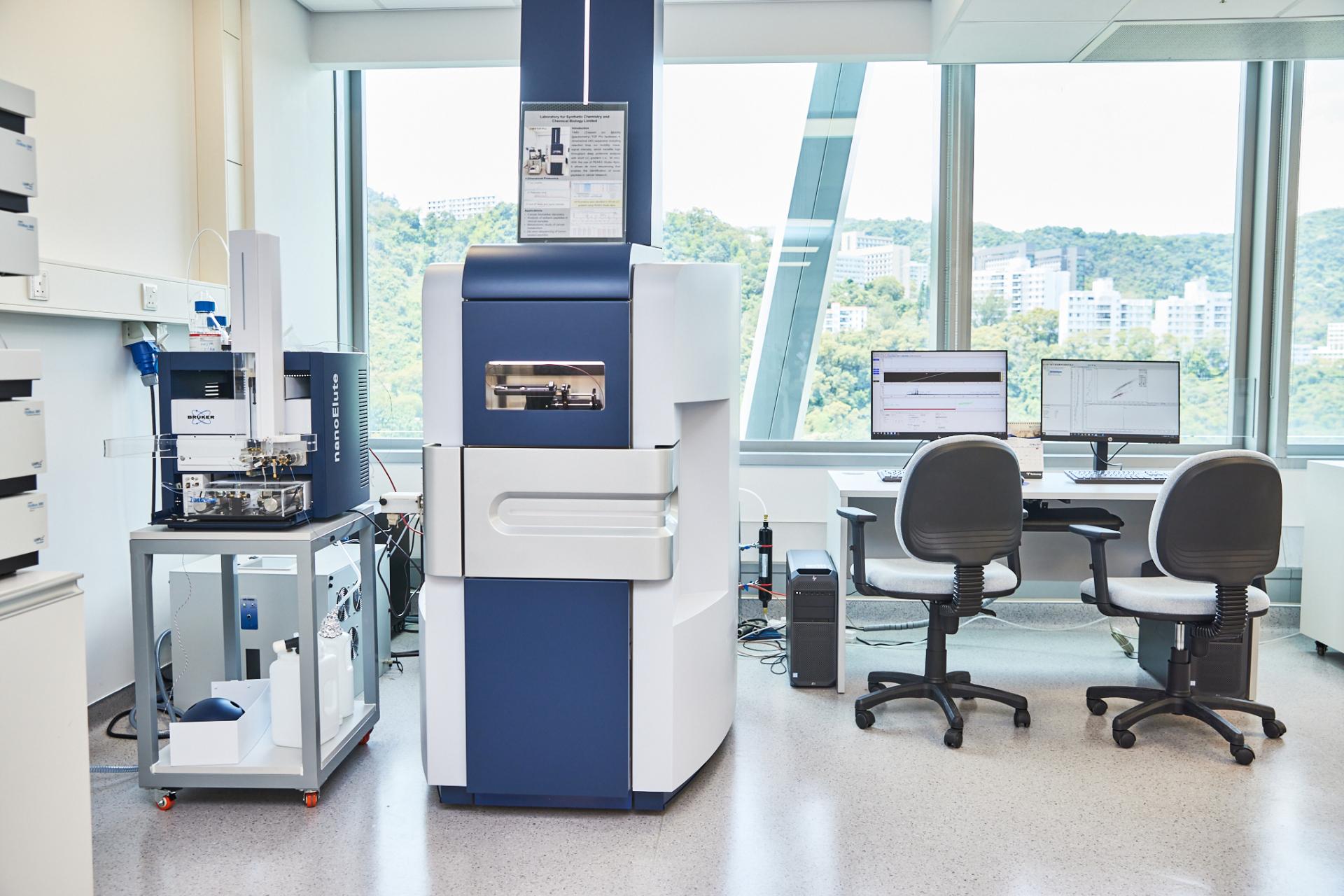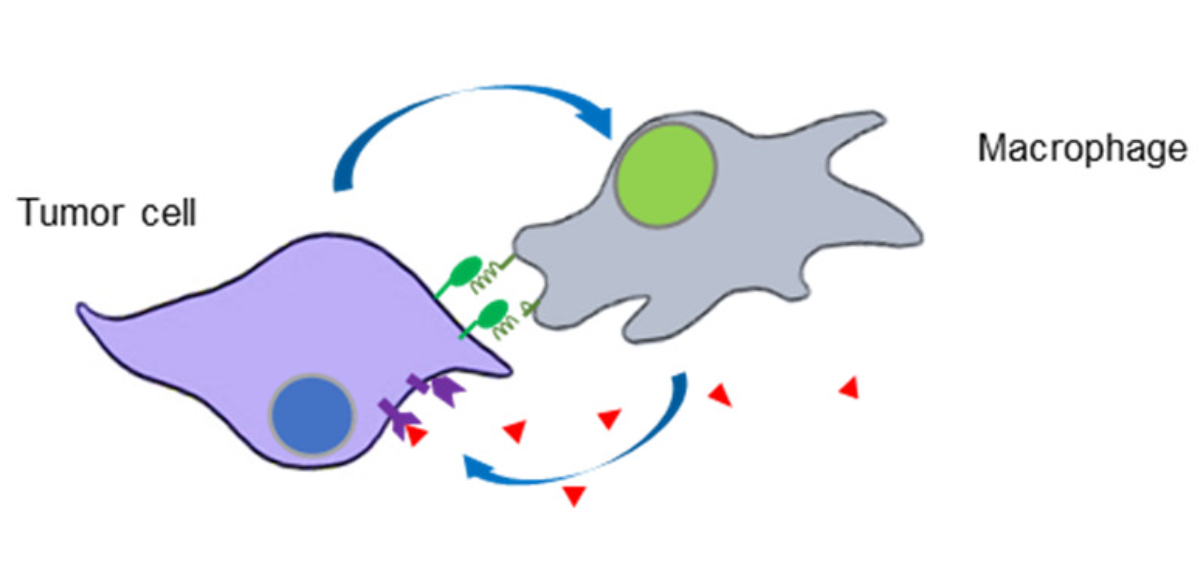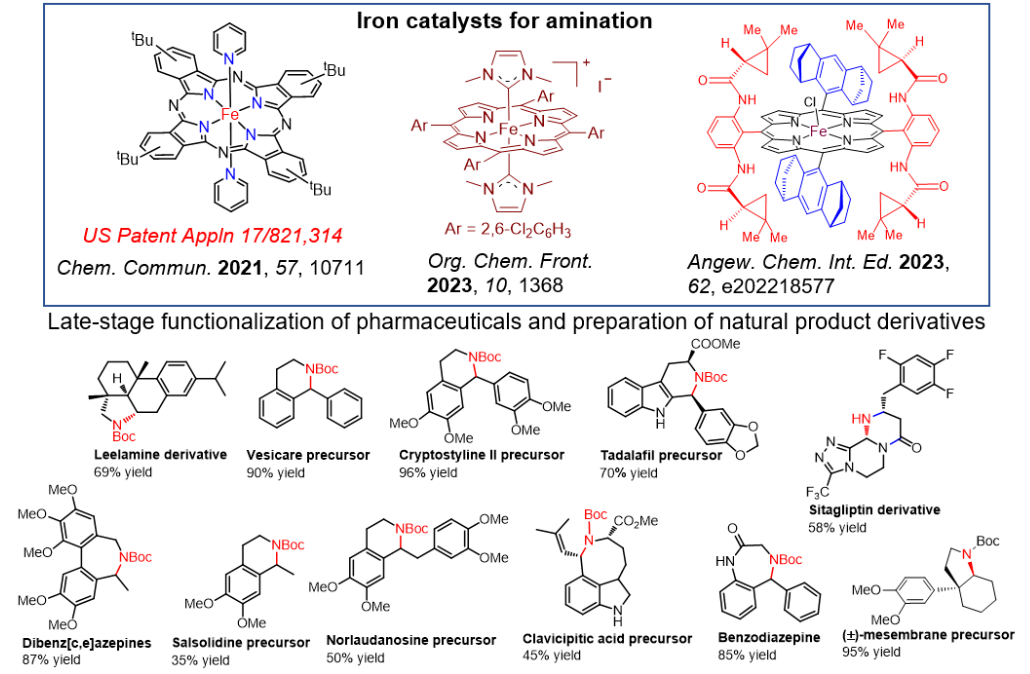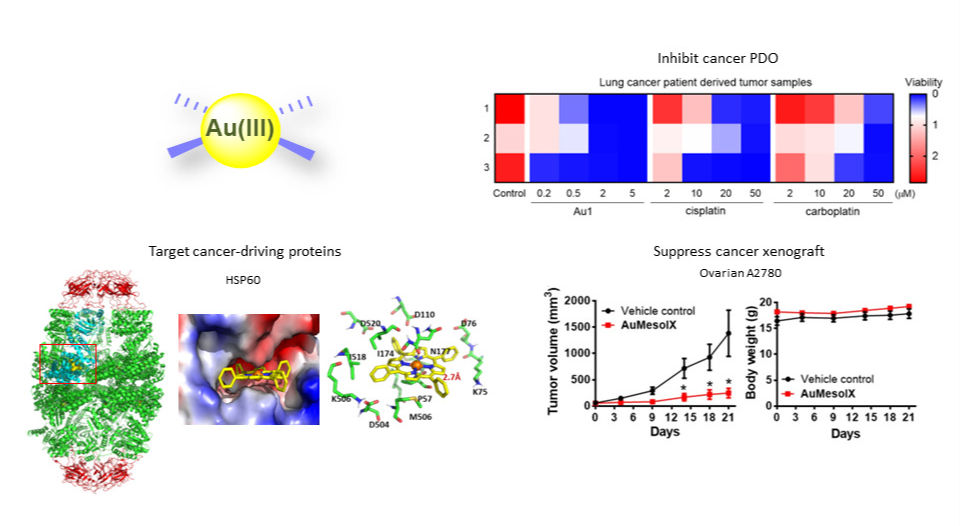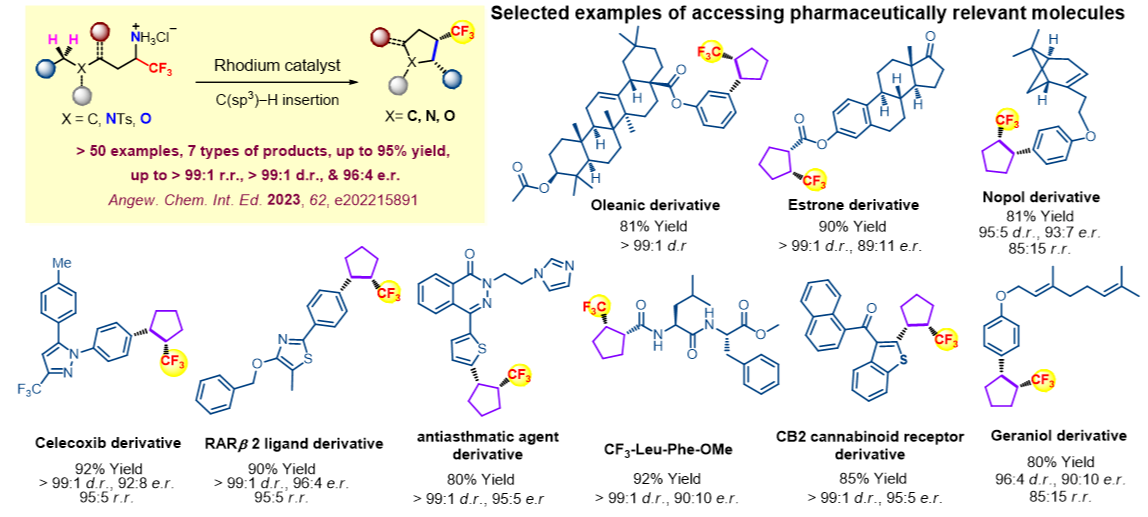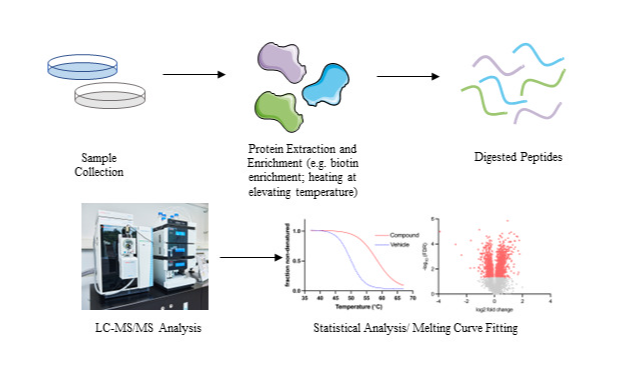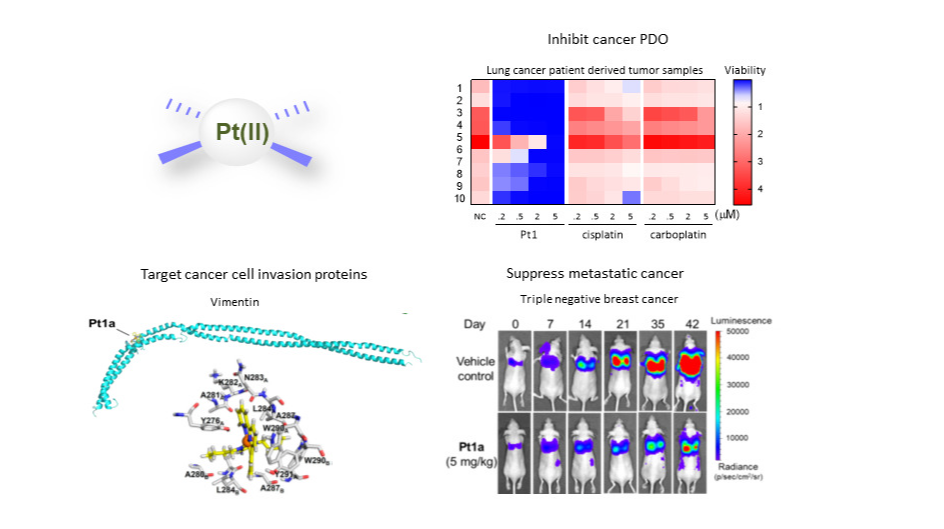
A Novel Mechanism mediated by Macrophages to Promote Peritoneal Metastasis of Ovarian Cancer
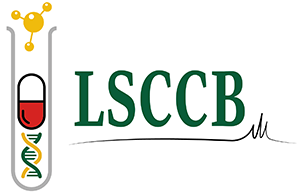
Ovarian cancer is the leading cause of deaths among all gynecological cancers. Over 70% patients are diagnosed at an advanced stage with metastatic diseases. Peritoneal metastasis is very difficult to treat due to tumor heterogeneity and the dynamic interactions of cancer cells with the tumor microenvironment.
The distinct interactions among different cancer cell subclones and the tumor microenvironment are largely unknown using traditional bulk measurement.
- Observation of cellular behaviors using single-cell time-lapse microscopy reveals that in the presence of macrophages, a subset of the metastatic cells shows selective advantage of becoming polyploidy, a phenotype that could promote tumor aggressiveness and therapeutic resistance.
- The metastatic cells polarise macrophages to a tumor-associated phenotype that reinforces the polyploid phenotype.
- β-catenin signaling upregulates cancer cell surface metadherin, which communicates through CEACAM1 expressed by macrophages
- Polyploid cancer cells are resistant to antimitotic drugs. Targeting components of the molecular cascade identified in the study holds great therapeutic potential to disrupt polyploidization of the cancer subclones that drive metastasis.
Laboratory for Synthetic Chemistry and Chemical Biology (LSCCB) is an R&D centre funded by Health@InnoHK progamme of Innovation and Technology Commission of HKSAR. Established in 2020, LSCCB is operated with tripartite joint collaboration of The University of Hong Kong, Imperial College London and Peking University. LSCCB aims at integrating chemical and biomedical sciences to develop new molecular medicines and diagnostic tools for the treatment and analysis of human diseases, in particular, cancer. LSCCB currently assembles more than 20 principal investigators for 4 major research programmes including (a) Synthetic Chemistry; (b) Chemical Biology of Natural Products and Chinese Medicine; (c) Metal Anticancer Medicine, Diagnostics and Theranostics; and (d) Multi-Omics and Innovative Analytical Technologies for InnoHealth.
